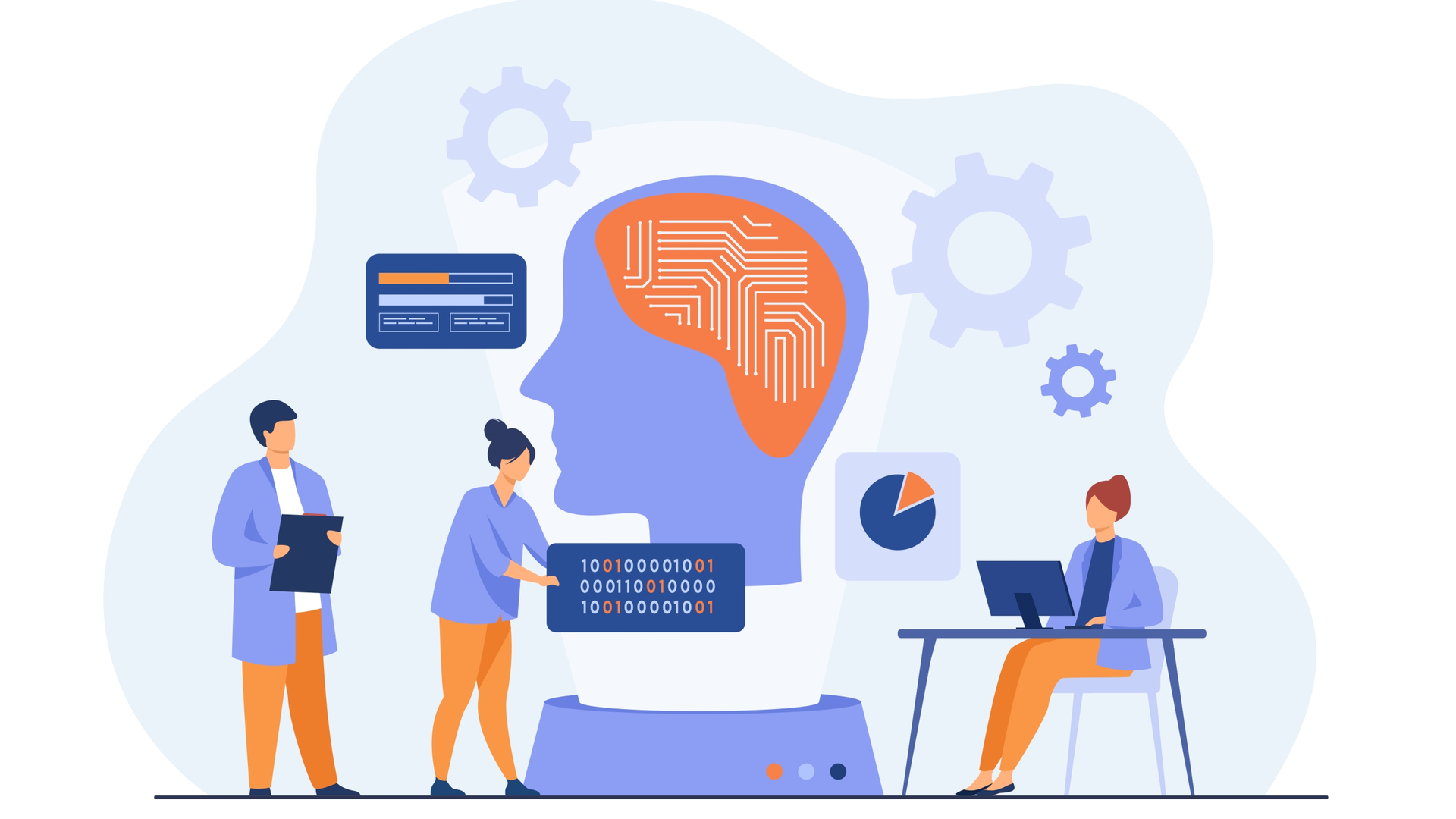Big Data Specialist: Make Millions with Analytics
Today we are discussing the profession of big data specialists. Looking at their job responsibilities and salaries, which will surprise even the most experienced managers.

At the end of this material, you will find a quiz together with case studies to assess your readiness to become a data specialist. After completing it, we will recommend several free courses to improve your skills in this professional area.
A data specialist is a big data analyst. A data scientist is a big data specialist, often in charge of code. What about a Data Processing Specialist? Exactly the same? Yes, there are many names for virtually the same job. The responsibilities of a data scientist can vary from company to company since Russia has not yet developed a culture of hiring these kinds of professionals. However, the need for data-savvy people is increasing monthly, so we expect this kind of culture to establish very soon. Therefore, today we are talking about one of the major professions of the future - the data specialist.
What are the responsibilities of a data specialist?
Analysing a large amount of data, of course! It is not simply about a couple of document tables but about 500-1000 rows of information in 10 columns. They check the information, search for it, analyse it, draw conclusions, and make decisions. They have to be able to work with automated data archives because it is impossible to gather all the information they need themselves (at least for a brief time.) This specialist brings together many skills, from (which is logical) an analyst to a marketer, project manager, and even a programmer.
What exactly can a data scientist do?
-
Visualise data.
-
Assess data and models built based upon them (often financial.)
-
Searches for hidden patterns while studying information.
-
Data cleansing and searching for additional large sources of information.
-
Implement new infrastructure solutions.
-
Develop decisions that are based on the results of analytics.
-
Creates reports and forecasts.
-
Helps marketers with analysis of any user actions.
-
Assess potential customers and identify their hidden needs.
-
Supply chain management.
-
Find potential errors and takes measures to eliminate them.
-
Consults managers based on the data received.
How much does a data scientist earn?
The average salary for a data specialist in Russia starts from 100 thousand roubles. That is in the worst-case scenario! Interns can earn 70 thousand roubles at the start of their career, and junior specialists - 100-120 thousand. Professionals at a "mid" level receive 150-170 thousand roubles, and seniors - 250-300. Of course, the amounts differ from industry to industry; in some cases, seniors are offered 200 thousand and some 500 thousand roubles. Suppose you become the head of a data department. In that case, you can virtually put yourself into a top management category - a particularly important department whose decisions affect the vector of movement for the whole company. Industry-leading managers overwhelmingly earn impressive amounts with many zeros.
Would you like to become a data specialist? Then, take our mini-quiz and find out if you can achieve a starting position in the industry tomorrow!
Share this with your friends via:
Latest News

A significant stage in the development of the alternative education system has begun in West Northamptonshire in the UK: the County Council is actively calling on parents, guardians, and trustees to participate in shaping the future of this key area.

Outwoods Primary School in Atherstone, Warwickshire, having experienced deep sadness after the loss of their famous cat, Silla, has found solace in a new pet – a Maine Coon named Aloysius O’Hara.

In modern universities, artificial intelligence, and in particular ChatGPT, is rapidly transforming from a controversial tool into a full-fledged student assistant.

An innovative educational project is gaining momentum in UK primary schools, aiming to change attitudes towards video games.

The Massachusetts Institute of Technology (MIT) presents MIT Learn – a revolutionary online platform that opens a “new front door” to access university knowledge and resources.












 Test. Check Your Social Media Dependency Level!
Test. Check Your Social Media Dependency Level!
 Test: What Business is Right For You?
Test: What Business is Right For You?
 “I’m Here for the Long Haul”: When Loyalty to a Company Becomes Toxic
“I’m Here for the Long Haul”: When Loyalty to a Company Becomes Toxic
 Test: How Prone Are You to Abusive Behavior as a Manager?
Test: How Prone Are You to Abusive Behavior as a Manager?
 Test. What superpower would you possess if you were a superhero?
Test. What superpower would you possess if you were a superhero?
 Test. What Should You Let Go of Before Winter Ends?
Test. What Should You Let Go of Before Winter Ends?

